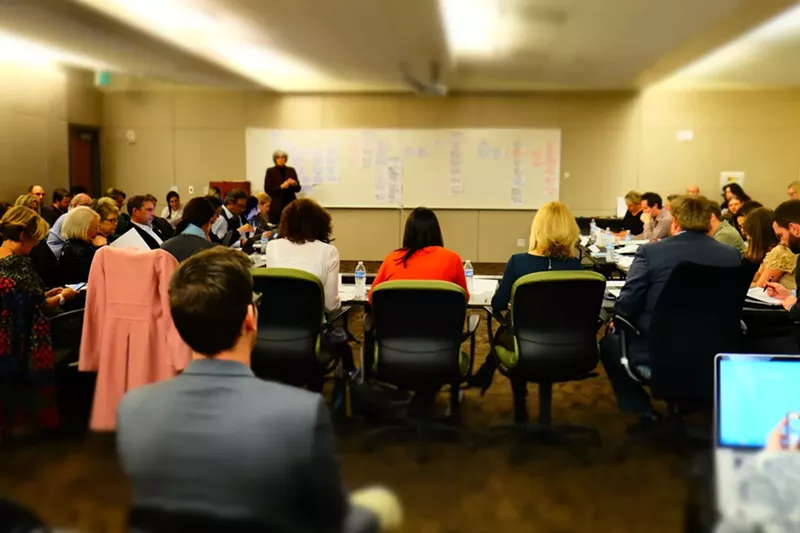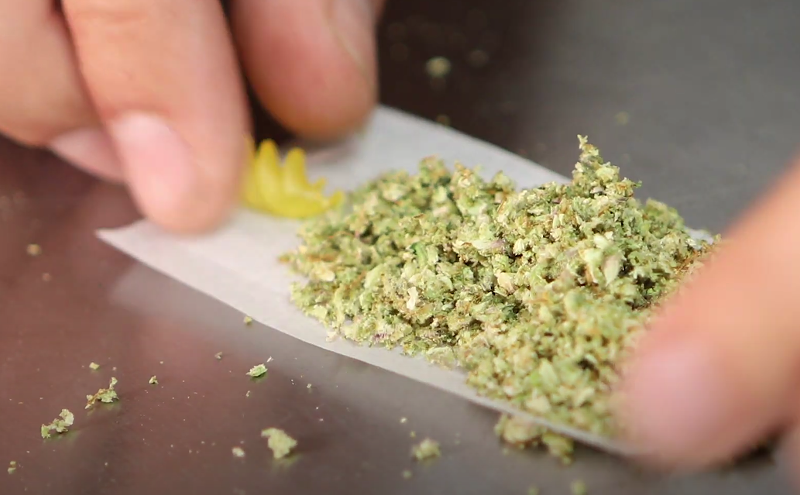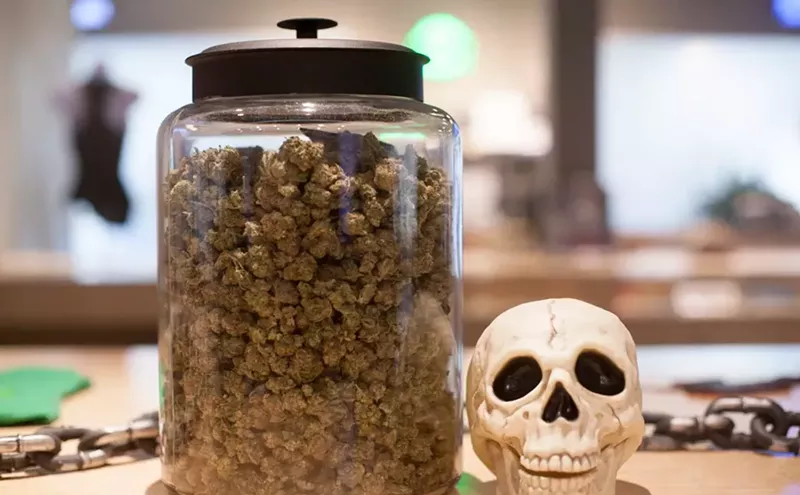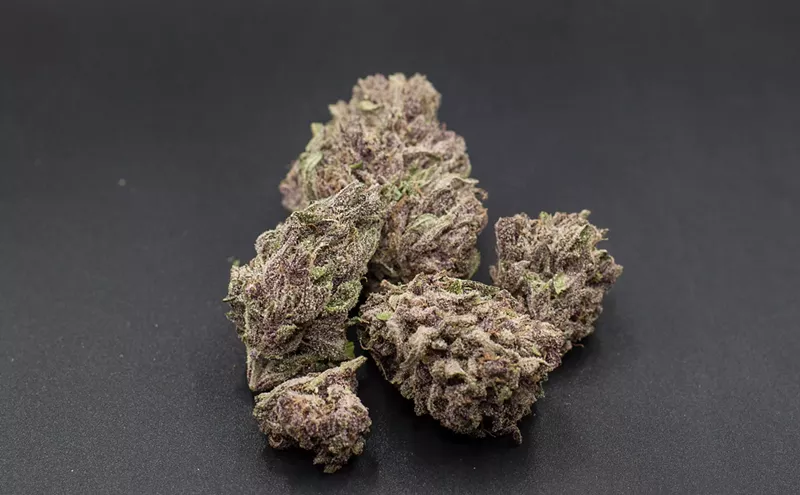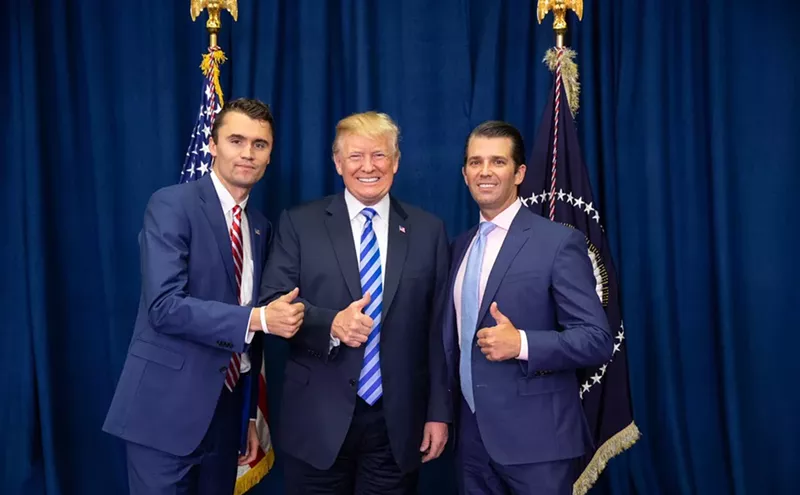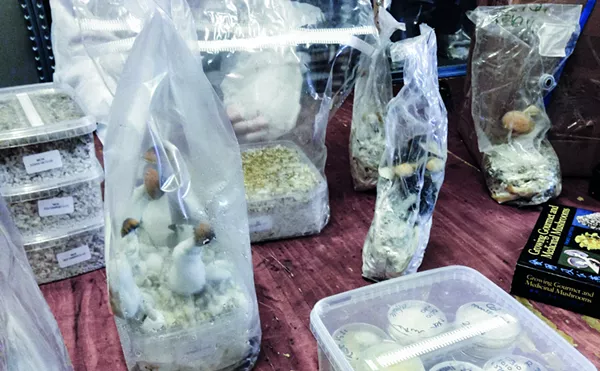On Wednesday, January 18, twenty people gathered on the fourth floor of the Wellington Webb Municipal Building to begin a conversation that no other municipality in the United States has had — about regulating the social use of recreational cannabis.
For two and a half hours at this first meeting of Denver's Social Use Advisory Committee, the members — all appointed by the city to represent different constituencies — discussed proximity restrictions for social-use establishments. The first hour was spent discussing restrictions on locations that would be allowed to apply for a social-use permit; much of the rest of the conversation focused on ensuring that children would not be exposed.
Early on, the committee agreed that social consumption would not be allowed within 1,000 feet of drug and alcohol recovery centers, child-care facilities or schools, but things got tricky as committee members tried to determine other restrictions that would keep marijuana away from children and out of the view of minors.
"Where children congregate" became an important determination of locations that businesses allowing social use would have to avoid. However, Karin McGowin, the committee's representative from Colorado's Department of Public Health and Environment, warned that if there are specific locations listed in the regulations, it could lead to problems down the road because some location will inevitably be left out or there will be too many listed — which could restrict businesses too much.
Sam Kamin, professor at the University of Denver Sturm College of Law, noted an issue with the language that the committee was using: It's not a problem of "where" children congregate, but "when." One example: an aquarium. That's a place where children are likely to congregate, but it's also a location that hosts events and could potentially register to host cannabis events. Therefore, he said, the language regarding potential locations should note that cannabis use is only allowed when children will not be present.
"I see pros and cons to both having it very specified, but then also...the murkiness of the ambiguous language," said Amber Leytem, representing Denver Public Schools. "Who's responsible for making that designation or that qualification of the intention of the law versus the actual practice?"
As the committee currently understands the law, the only businesses prohibited from allowing social consumption are businesses that already hold licenses for alcohol or marijuana — a rule that came down from the Colorado Department of Revenue after Initiative 300 passed in November, allowing social use in Denver. Members debated whether there should be a location restriction between businesses with liquor licenses and social-use establishments, but this idea was shot down for a practical reason: There would be very few places in the city left for social use once you added in all such proposed stipulations.
Ultimately, the members acknowledged that since product has to be transported after it is bought at a dispensary (it cannot be used there), it would make sense to keep dispensary and social-consumption locations near each other.
According to Deputy Chief David Quinones of the Denver Police Department, restricting social use near dispensaries would not deter the black market; sales would just go down illegally outside the establishment where social use is allowed. The committee agreed that it would be better to keep the locations in proximity, so that patrons could buy their product and walk to a venue if they chose to.
After a short break, the committee reconvened and discussed the logistics of how these businesses would operate once they have a social-use permit. Among other things, they discussed whether employees would be allowed to partake in consumption, as bartenders are allowed to with alcohol. This issue was not resolved.
Members then took on another sticky subject: dabbing. To comply with the Colorado Indoor Air Act, there will be no butane or other flammable lighters inside businesses with social-use permits — which means any dabbing that uses blowtorches will not permitted. But Emmett Reistroffer, from Denver Relief Consulting and campaign director of the Yes on 300 campaign, explained that there are some forms of dabbing that don't use a torch, just a heated plate. Although the committee agreed to discuss this matter further at another meeting, members seemed to agree that dabbing would be allowed as long as it did not require an open flame indoors.
The next meeting of the committee is set for 9 to 11 a.m. on February 8 at the Webb building; it's open to the public. The first topic on the agenda that day will be how to share marijuana at a social-consumption venue. Find out more here.

Audio By Carbonatix
[
{
"name": "GPT - Billboard - Slot Inline - Content - Labeled - No Desktop",
"component": "23668565",
"insertPoint": "2",
"requiredCountToDisplay": "2"
},{
"name": "STN Player - Float - Mobile Only ",
"component": "23853568",
"insertPoint": "2",
"requiredCountToDisplay": "2"
},{
"name": "Editor Picks",
"component": "17242653",
"insertPoint": "4",
"requiredCountToDisplay": "1"
},{
"name": "Inline Links",
"component": "18838239",
"insertPoint": "8th",
"startingPoint": 8,
"requiredCountToDisplay": "7",
"maxInsertions": 25
},{
"name": "GPT - 2x Rectangles Desktop, Tower on Mobile - Labeled",
"component": "24956856",
"insertPoint": "8th",
"startingPoint": 8,
"requiredCountToDisplay": "7",
"maxInsertions": 25
},{
"name": "Inline Links",
"component": "18838239",
"insertPoint": "8th",
"startingPoint": 12,
"requiredCountToDisplay": "11",
"maxInsertions": 25
},{
"name": "GPT - Leaderboard to Tower - Slot Auto-select - Labeled",
"component": "17676724",
"insertPoint": "8th",
"startingPoint": 12,
"requiredCountToDisplay": "11",
"maxInsertions": 25
}
]

